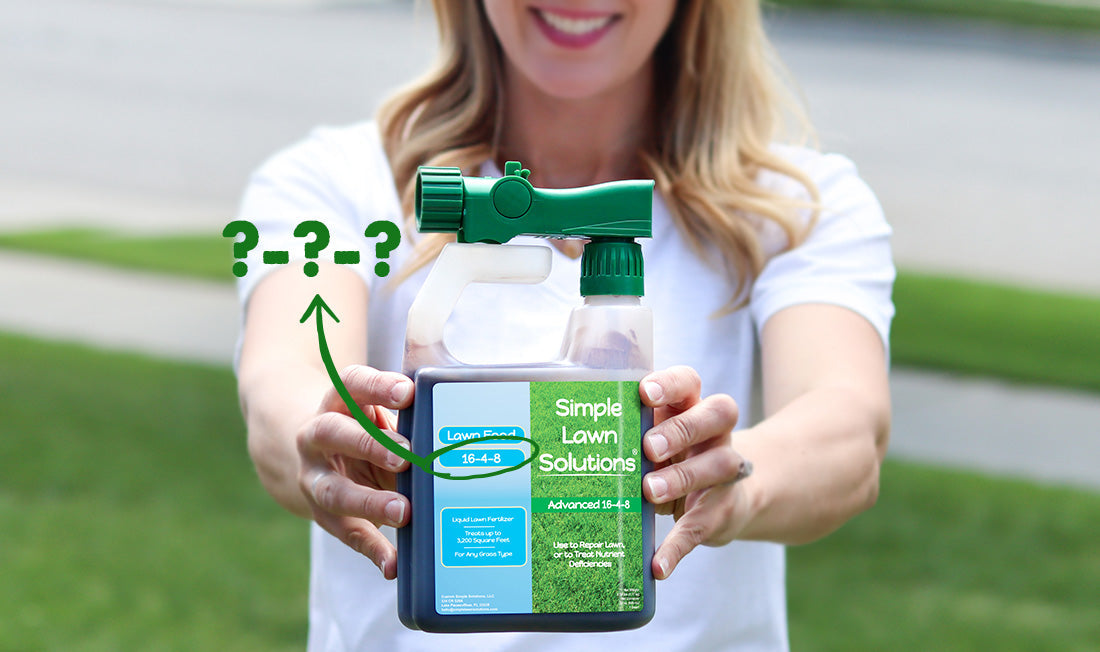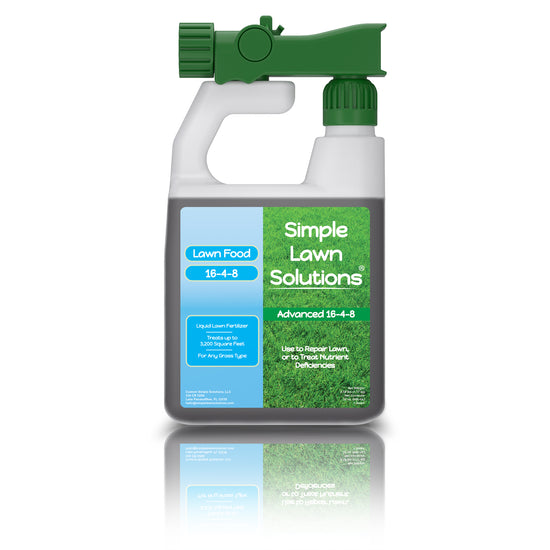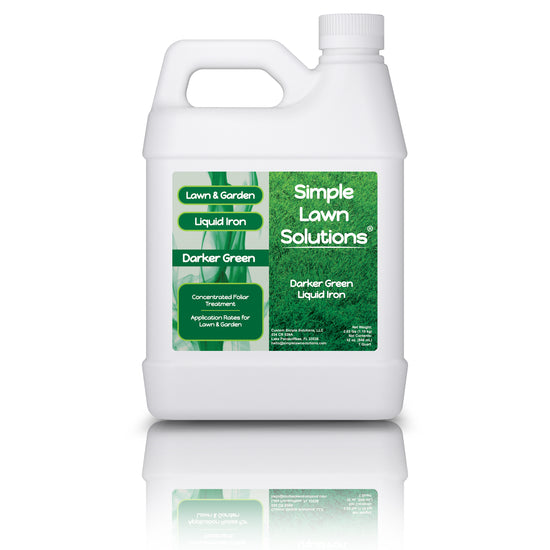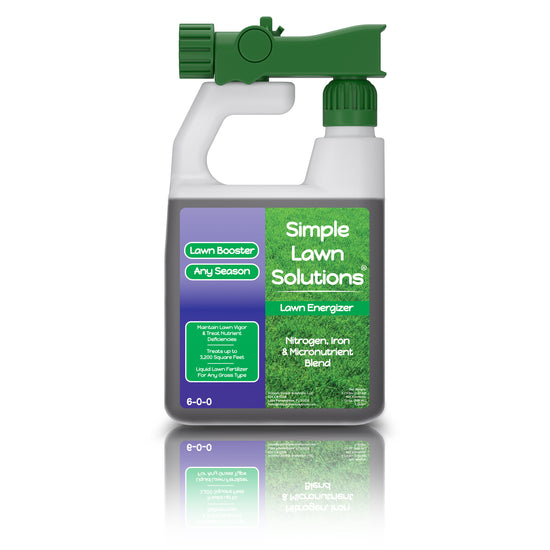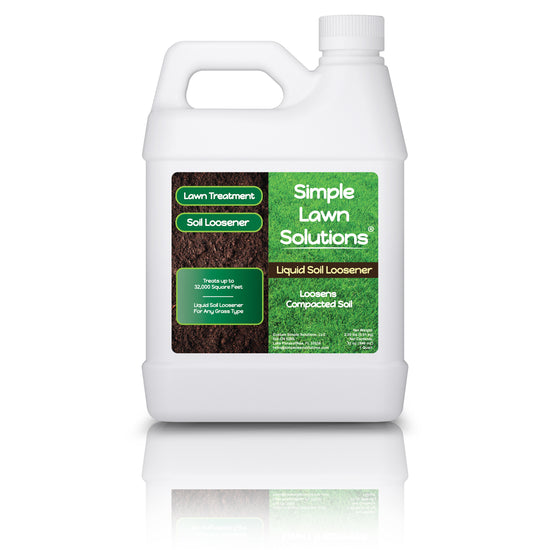What do the three numbers on a fertilizer label stand for? Is a larger number better? (Hint: No). Are smaller numbers indicative of a poorer quality product? (Hint: No). Let’s look closer as to why this is the case.
We’ll begin with a quick refresher on the meaning of the three numbers you see on a fertilizer label (i.e. 10-10-10). These numbers are actually referring to the percentage, based on weight, of a specific nutrient compared to the total weight of your bag or jug of fertilizer. The first number corresponds to the percentage of total nitrogen contained in the bag. The second number corresponds to the percentage of phosphorus as phosphate (P2O5). The third number corresponds to the percentage of potassium as water-soluble potash (K2O). So in a 50 lb. bag of 10-10-10, there are 5 lbs. of nitrogen, 5 pounds phosphate, and 5 lbs. of potash (10% of 50 = 5 lbs.). For the sake of this article, let’s just think of these as nitrogen, phosphorus, and potassium.

Now that we know what the numbers refer to, we can investigate why the quality of a product cannot be determined simply by looking at these numbers alone. Even though these numbers tell us how much of something is in the bag, there are still far too many variables and things to consider which cannot be determined simply by looking at the label numbers

Next time you’re fertilizer shopping, rather than just trying to find the highest numbers as possible, take these thoughts into consideration:
Does the form of the nutrients matter to me?
Is it a slow-release or quick-release nitrogen source?
Do I really need to be applying all three nutrients?
What’s the cost of nutrients per lb. of product?
For the sake of brevity, we will look further into those questions in different articles in the future. For now, just keep in mind that a larger number doesn’t mean a better fertilizer. If you have any questions about fertilizer forms and sources, contact us today. We’d be happy to help answer any questions you may have. Or check out some of our other articles, that may help scratch the itch to learn more.


